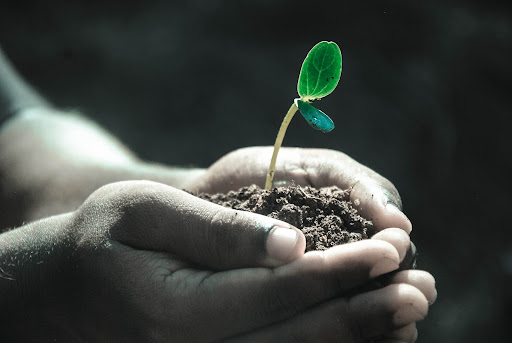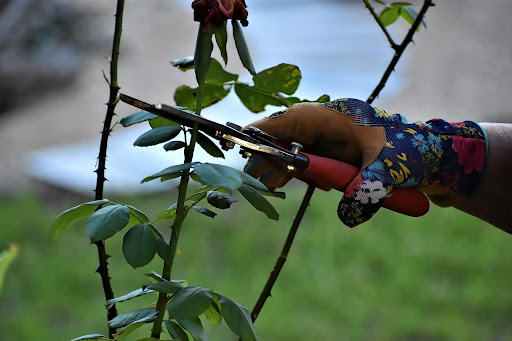
 Loading... Please wait...
Loading... Please wait...Save Money. Grow Your Own!
Fast Plain Box Shipping.
We ship to the US & Canada.
Posted on 3rd Jan 2023

Are you a plant lover looking to keep your beloved plants healthy, happy, and alive? Caring for plants can be a rewarding hobby, but it isn't always easy. Plants are living beings and require proper care to stay healthy and alive. Fortunately, there are some simple tips that you can follow to help ensure your plant's health and longevity. Here are 6 tips for keeping your plants healthy and alive.
Before you begin caring for your plants, it's important to read up on them. Different types of plants require different care instructions, so make sure that you read the instructions carefully and follow them closely. You can find guides to caring for your plants online on websites, books, magazines, and more. Be sure to select verified sources to ensure that you have accurate information.
Some factors to consider when selecting these guides include the types of plants that you are caring for, climate, water requirements, and soil type. For instance, if you are growing a desert plant, you will need to follow different guidelines than if you were caring for an indoor houseplant. Compare and use several sources to get the best advice and guidelines.
The location of your plants is also important in keeping them healthy. Make sure to research what type of environment each plant needs before selecting a location for it. Consider factors such as sunlight, humidity, air circulation, and temperature when choosing where to place your plants.
Some plants need more direct sunlight than others, so you may need to provide artificial light if the natural lighting in your home is not sufficient for them. You can also use indoor plants to help improve the air quality in your home. With the right location, you won't have to worry about your plants getting too much or too little of any environmental factor.
Like any other living thing, water is essential for plant health and growth. Overwatering can cause many issues such as root rot, while underwatering can lead to wilting and nutrient deficiencies. The frequency at which you should water your plants will depend on the type of plant, the size of the pot, and the environment.
Some general watering tips are to use lukewarm water (cold water can shock plants), avoid getting water on the leaves, and always check if your soil is dry before watering. Some plants may also require more frequent misting or spraying than others. Understanding your particular species' needs is key to ensuring that your plants get enough water.
Plants need specific nutrients to thrive, and you can provide those nutrients with fertilizer. There are many different types of fertilizers available in the market, so make sure to read the labels and pick one suitable for your particular type of plant. Too much fertilizer can lead to nutrient burn, while too little fertilizer will prevent your plant from getting the nutrients it needs.
When choosing a fertilizer for your plants, it is essential to consider the type of plant, the soil you are using, and the environment. Different plants may require different nutrients and fertilizers, so it's important to do your research before selecting one for your plants.
Pests and diseases can be detrimental to plant health and growth. Regularly inspect your plants for signs of pests or diseases, such as wilting leaves, brown spots, or insect infestations. If you notice any signs of disease, it is important to treat it promptly before the problem gets worse.
Pesticides are available for treating pests and diseases. However, it is essential to read the label and make sure that the pesticide is suitable for your particular plant. Also, make sure to follow the instructions carefully to ensure that you are using the product safely and effectively.

Pruning is an important part of caring for many plants, as it helps keep them healthy and encourages new growth. Different plants require different pruning techniques, so read up on the particular species that you are caring for to know when and how much you should prune. You may need to trim back dead or dying leaves, as well as any branches that are obstructing light or growing too close together.
When running your garden, it’s equally important to clean your tools regularly. This will help prevent the spread of diseases and pests from one plant to another. Besides, cut the branches as required to shape the plant in the desired way.
Taking care of your plants is an essential part of keeping them healthy and alive. By following the 6 tips outlined above, you can ensure that your plants get all the essentials for their growth and development, such as light, water, nutrients, pruning, and pest control. With proper care and maintenance, you can enjoy vibrant and lush plants inside your home for years to come.